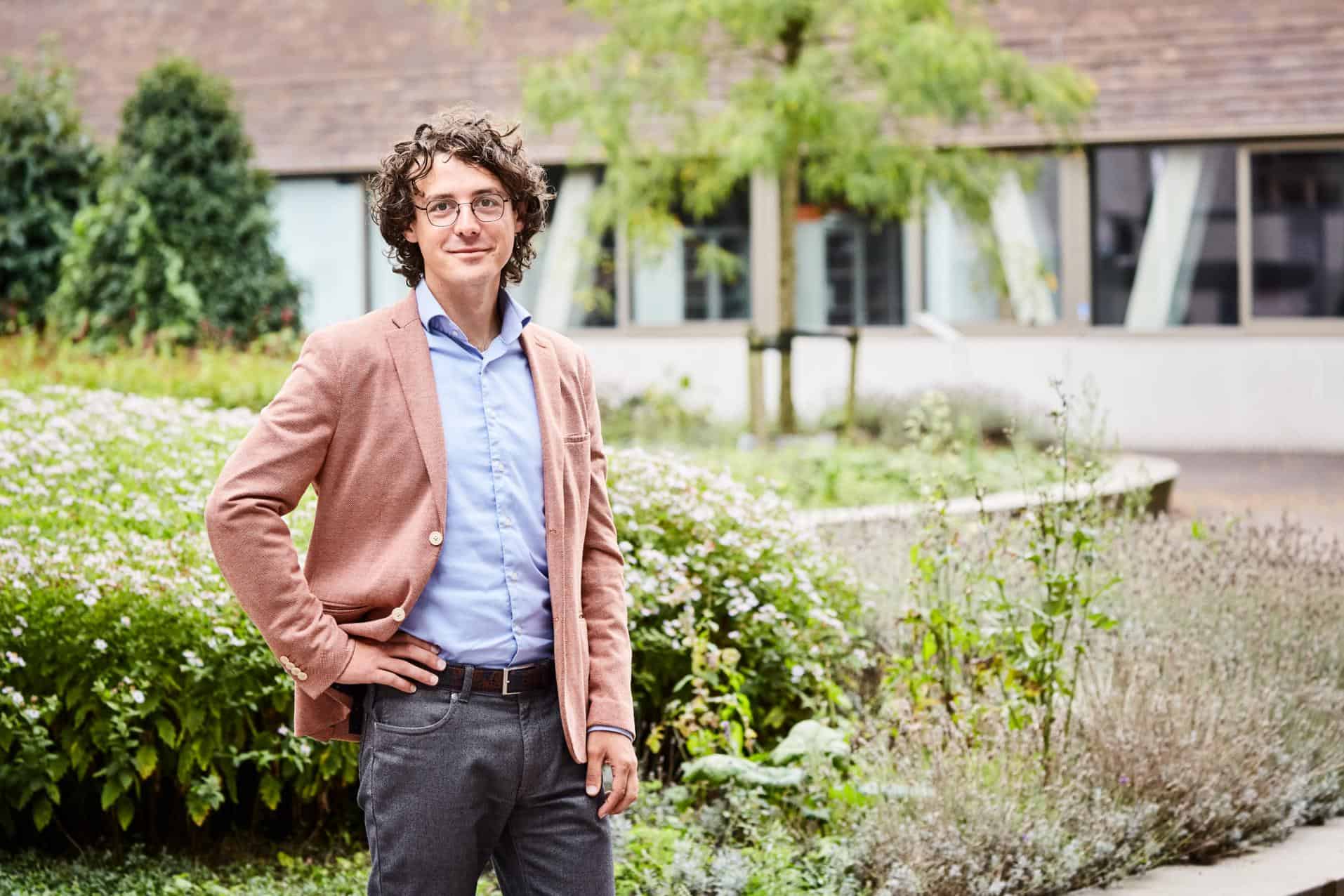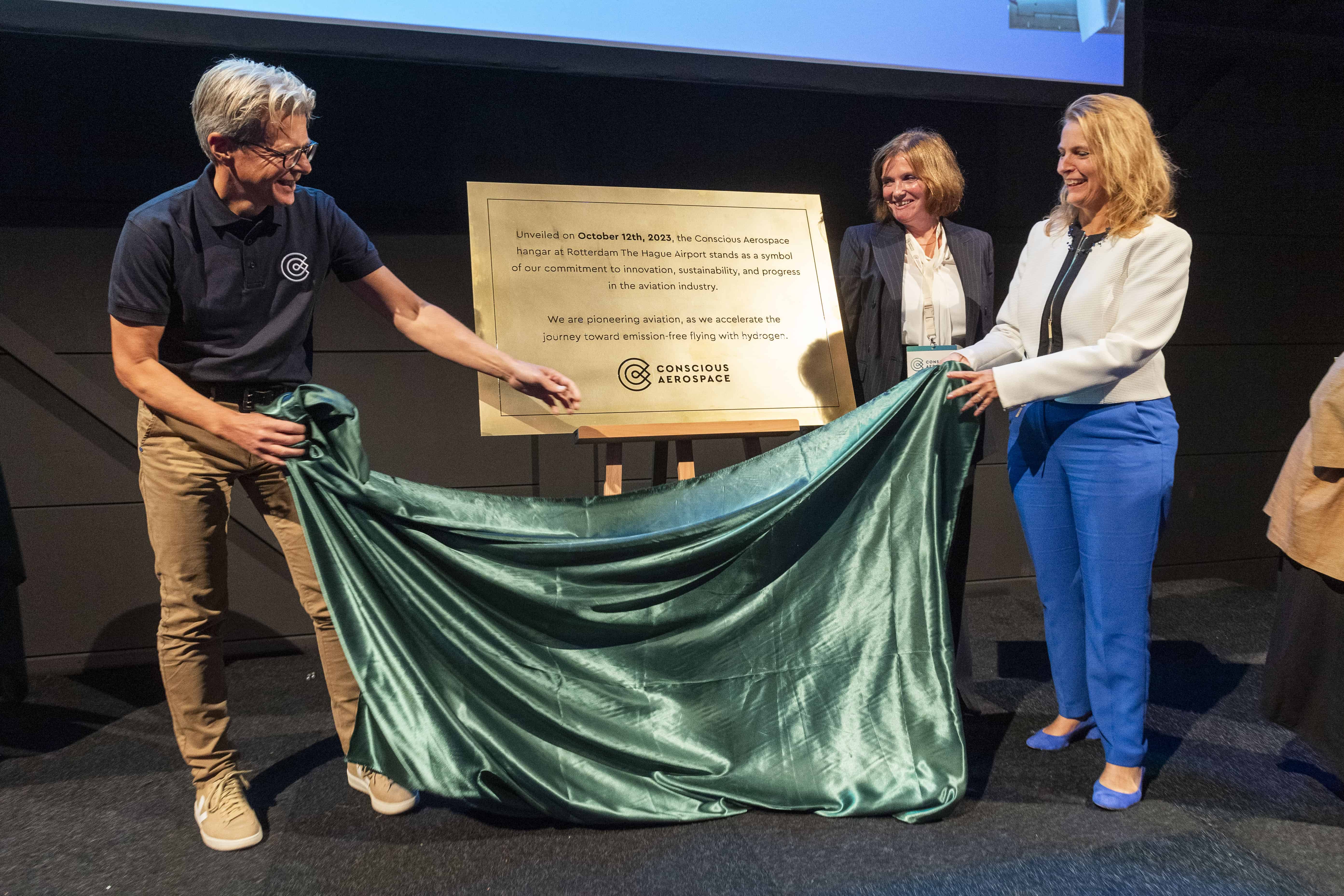
An international experiment at Copenhagen Airport has discovered that bio-based aviation fuel can significantly reduce harmful emissions. Ground measurements revealed a 30% decrease in ultrafine particle emissions when aircraft used a 34% bio-based fuel blend. The experiment was conducted by the German Aerospace Center (DLR) and the results have shown that not only does Sustainable Aviation Fuel (SAF) reduce CO2 emissions, but it also improves local air quality and reduces the impact of contrails.
- DLR and SAS conducted an experiment at Copenhagen Airport that showed a 30% decrease in ultrafine particle emissions.
- The results confirm the positive impact of Sustainable Aviation Fuel (SAF) on air quality.
- From 2025, EU regulations will require a minimum of 2% SAF in all flights, gradually increasing to 70% by 2050.
Experiment details
The experiment was conducted over a four-week period, with researchers from the German Aerospace Center (DLR) tasked with the complex measurements. The operational environment of an airport, along with changing temperatures and wind, posed unique challenges to the research team. The aircraft involved in the experiment was an SAS aircraft, which was measured while it was taxiing.
The fuel used in the experiment was a blend of 34% bio-based fuel, also referred to as Sustainable Aviation Fuel (SAF). Ground measurements revealed a reduction in ultrafine particle emissions by about 30%, confirming the positive impact of SAF on air quality.
Implications
The results of this experiment have far-reaching implications for the aviation industry. Christian Poulsen, Acting CEO at Copenhagen Airport, stated that the discovery of SAF’s positive impact on air quality was significant. He expressed that this added benefit bolsters the case for transitioning the aviation industry away from fossil fuels.
Benedict Enderle, Senior Researcher at DLR, echoed these sentiments, stating that the experiment confirmed the positive effects of SAF on local air quality, as previously indicated in laboratory tests.
SAF and the future
SAF is set to play an increasingly important role in the aviation industry. From 2025, EU regulations will require a minimum of 2% SAF in all flights, gradually increasing to 70% by 2050. This is in line with the aviation industry’s goals of reducing CO2 emissions and improving local air quality.

Ann-Sofie Hölin, Head of Sustainability at SAS, said the results of the unique experiment underline that SAF not only helps reduce CO2 emissions but also improves local air quality by reducing the impact of contrails.
Part of a bigger picture
The experiment at Copenhagen Airport was part of a larger project known as ALIGHT. Led by Copenhagen Airport, the vision for ALIGHT is to design and showcase sustainable airports of the future. This project seeks to lead the way towards carbon-neutral aviation by 2050 through the integration of sustainable aviation fuel and smart energy.
With fellow airports in Rome, Vilnius, and Warsaw, knowledge institutions, and technology providers, ALIGHT is demonstrating how an airport can operate completely without carbon emissions and deliver infrastructure to carbon-neutral aircraft.








